St Nazaire Raid Part One: The World In 1942
March 11, 2019 by crew
On previous Weekender shows, the OnTableTop team (well, mainly Warren) has been talking about the St. Nazaire Raid or “Operation Chariot”, but what was it, when was it and why was it so important? Over this short series of articles in the run-up to the 28th March (the day of the raid), I will try my best to explain all.
First, I think it is best to explain what the situation was like for Britain at the time.
The Situation In Europe So Far
It's early 1942 in Europe. Poland and France have both fallen to the Germans and their use of Blitzkrieg tactics. Operation Dynamo (or the Dunkirk Evacuation) has happened and was a huge success!
Britain is high on the “Dunkirk Spirit”, but now has thousands of extra mouths to feed due to all of the British soldiers being rescued. By 1942, most of the French troops rescued had returned to France. A lot of them had been captured and put into Internment camps but some were able to evade capture and join the French Resistance or even just return to civilian life.
Britain was also having a real tug-of-war situation in North Africa but by the end of 1941, the British had forced the Germans and Italians back to Libya. This would be a short-lived victory however, as, by January 1942, the Germans advanced back into Egypt with renewed strength.
The Battle of France was over and the fight in the skies, The Battle of Britain, had been won by the daring of the RAF and their allies.
Although Britain didn't know it, “Unternehmen Seelöwe” or “Operation Sealion” was indefinitely postponed and would, ultimately, never be put into action.
The Wider Conflict
Japan had launched the unprovoked attack of Pearl Harbour, forcing the United States of America to enter the war. As the Japanese had signed an agreement with the Germans and Italians beforehand, the Americans joined the Allies. Luckily for Britain, the Americans had agreed on the Lend-Lease Agreement so supplies were flowing back and forth.
As the Americans were now looking to send troops to Europe and North Africa, it would start to relieve some pressure on Britain. However, it wasn't going to be all one way and to keep up with their end of the agreements, Britain was forced to send a fleet to the Pacific to help combat the Japanese.
Sending a fleet to the Pacific doesn't sound too bad, right? The Battle of Britain was over so Britain had air superiority in case there was a German invasion but the Battle of the Atlantic was still raging.
The Peril Of The U-Boats
In his memoirs, Churchill stated that he was more concerned about the Battle of the Atlantic than he was for the Battle of Britain. He said that the only thing that ever truly terrified him was the U-Boat peril that was threatening to strike.
For those who are not aware, the Battle of the Atlantic was the name given to the fighting between the German U-Boats and the Allied convoys transporting supplies between Britain and America. With them joining the conflict and both sides needing supplies ferried one side to the other, convoys were the only way of transporting supplies across the Atlantic.
The job of the U-Boats was to sink as much shipping as possible in an attempt to starve Britain...and they were winning. Thousands of tonnes in shipping was being sunk by their brutal raids. Britain was beginning to starve. Britain didn't have the resources to be 100% self-sufficient and things were getting desperate. It was then that the British learned of what would become its biggest nightmare...The Tirpitz.
Make sure to join me in the run-up to the anniversary of the St Nazaire Raid over the coming weeks as we explore the background and history of it all, delving next into The Tirpitz and the threat posed on the waves.
By Matt Buck
Are you getting ready to celebrate this raid on the tabletop yourself?
"Churchill stated that he was more concerned about the Battle of the Atlantic than he was for the Battle of Britain..."
Supported by (Turn Off)
Supported by (Turn Off)
"The job of the U-Boats was to sink as much shipping as possible in an attempt to starve Britain..."
Supported by (Turn Off)

































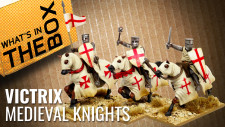

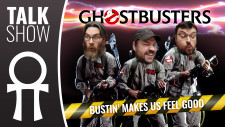
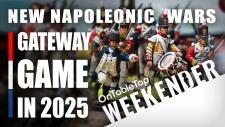




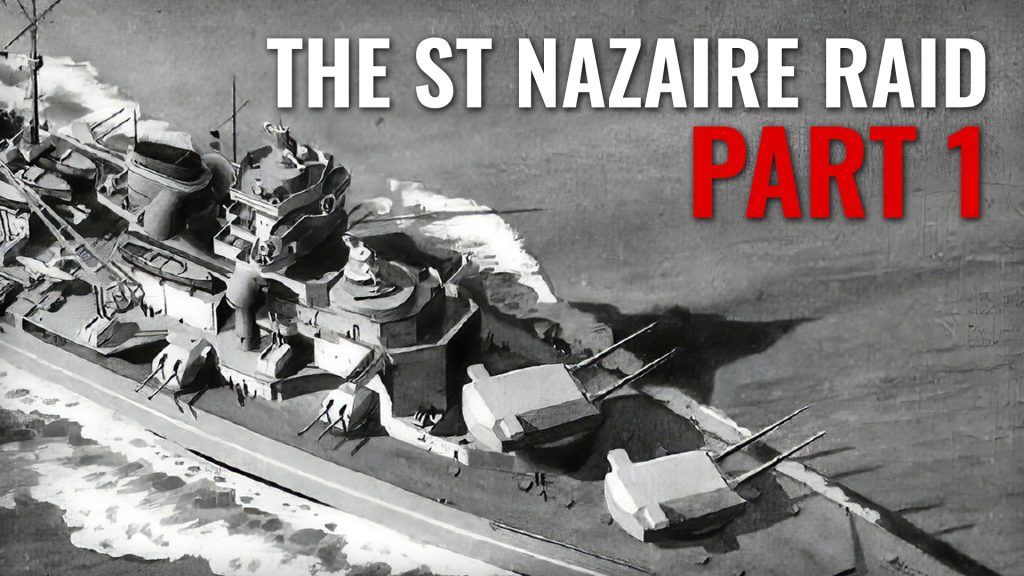
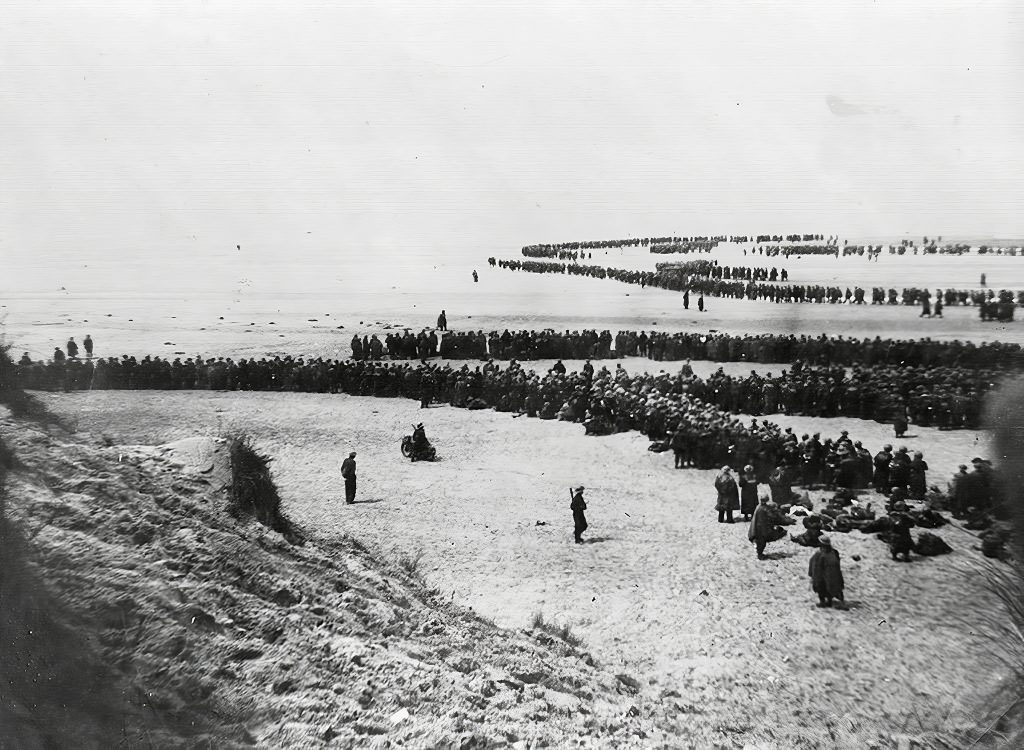
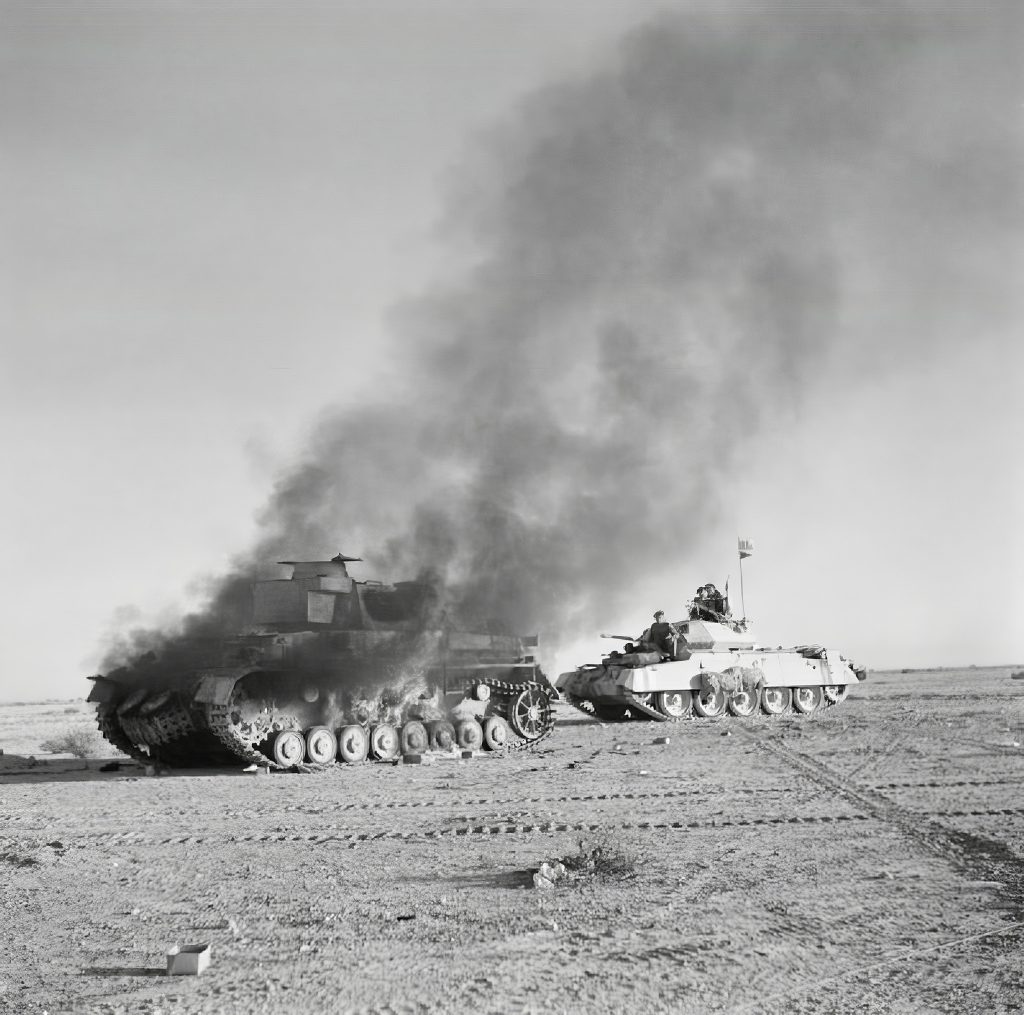
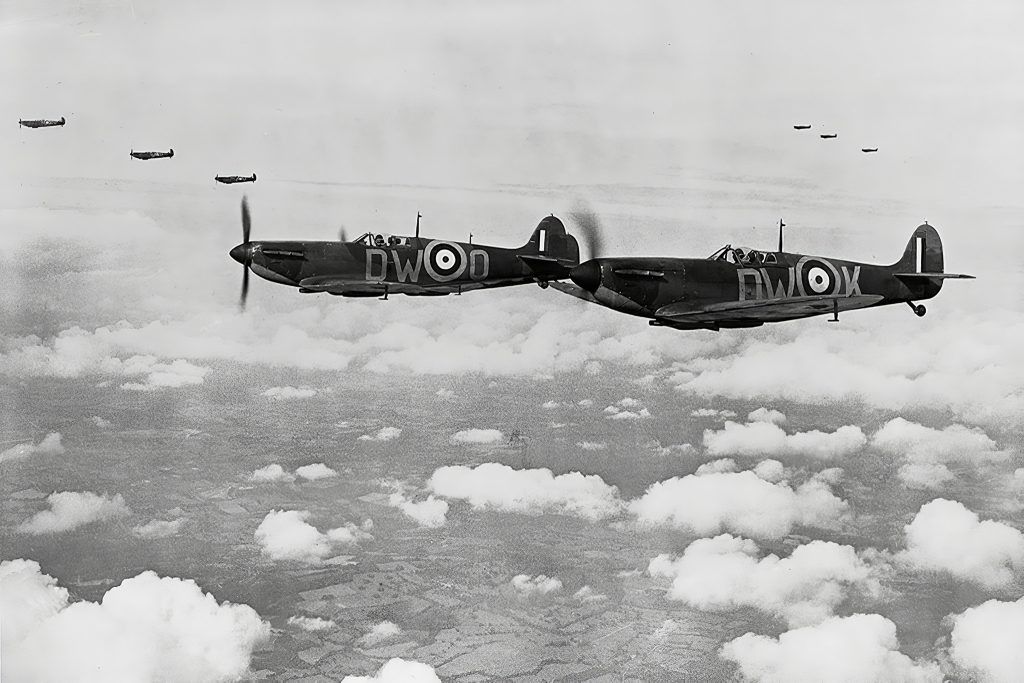
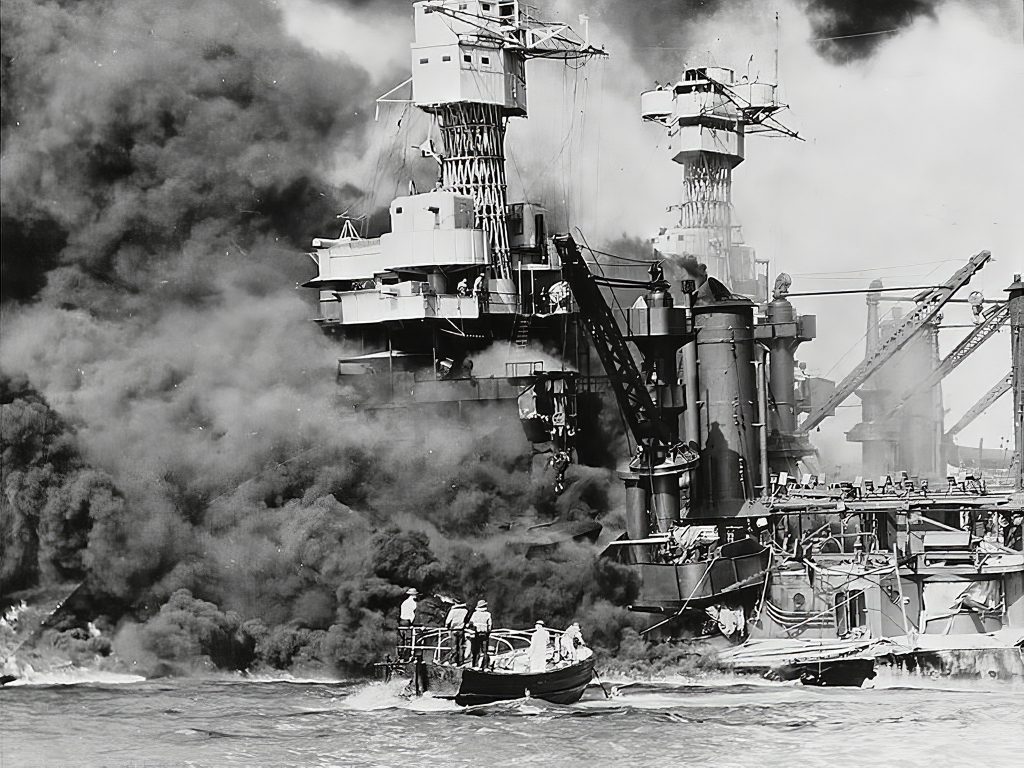
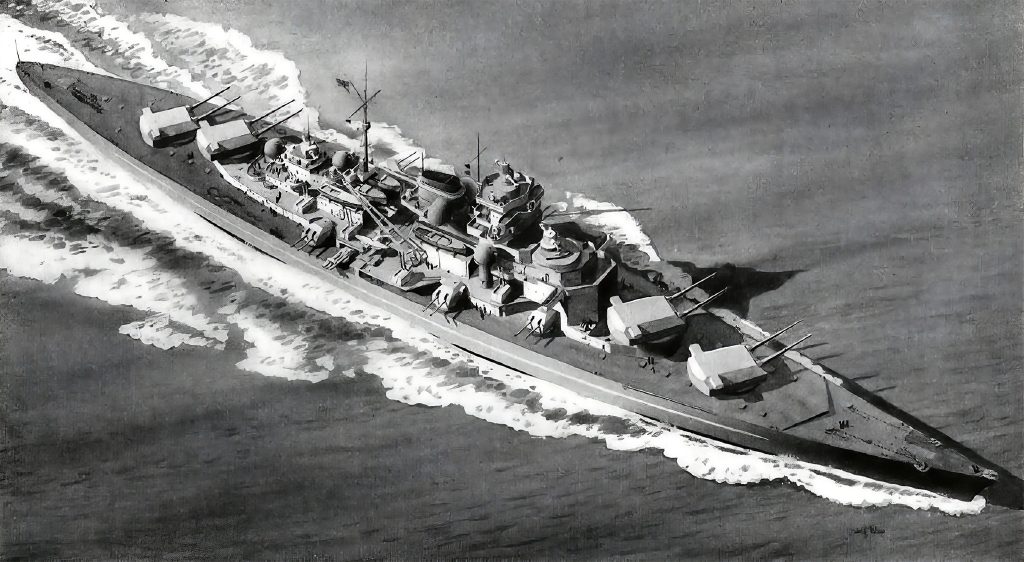


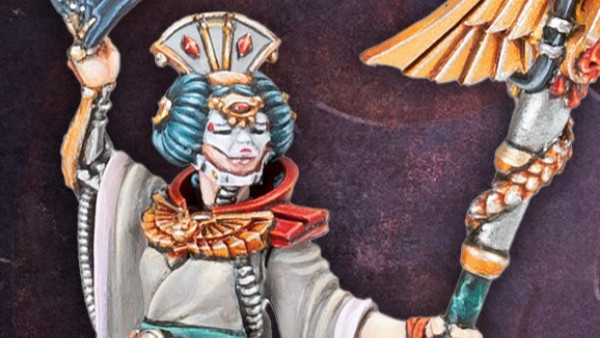

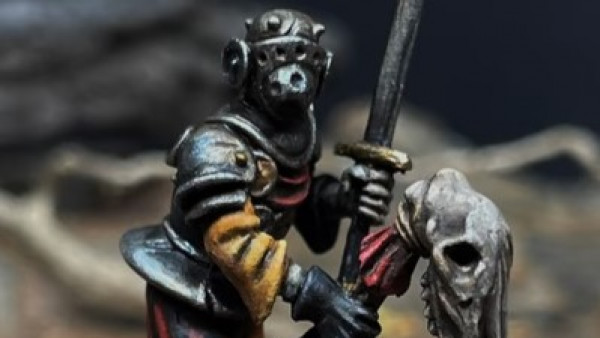


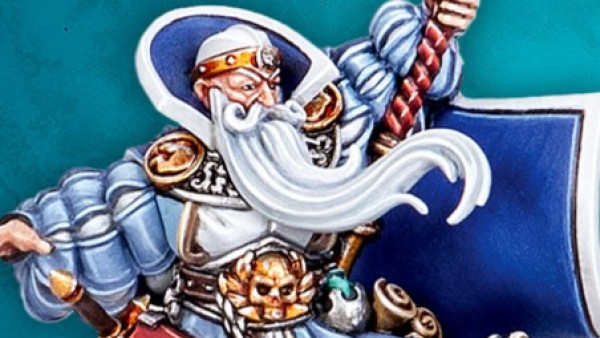

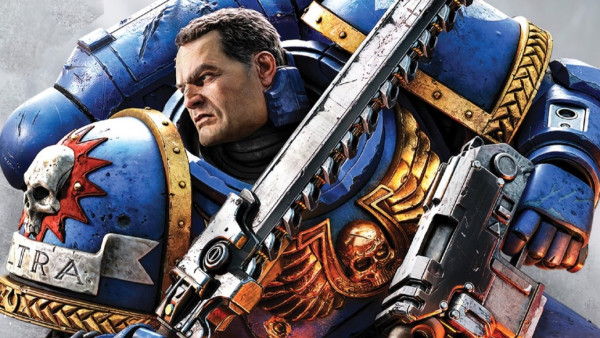
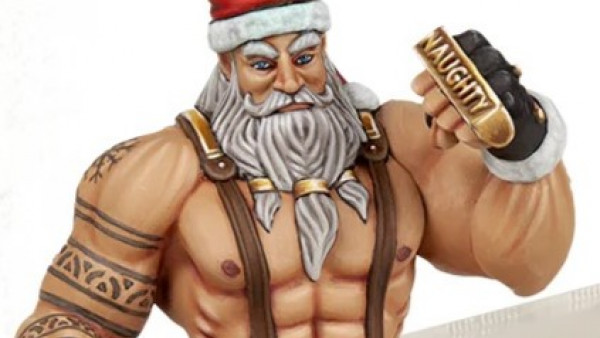
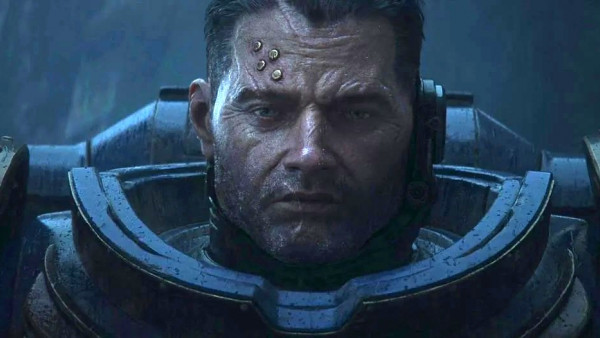

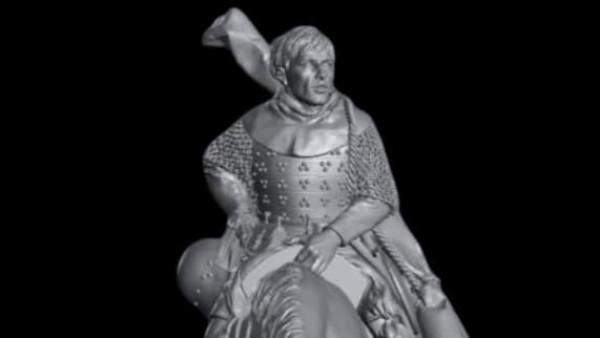
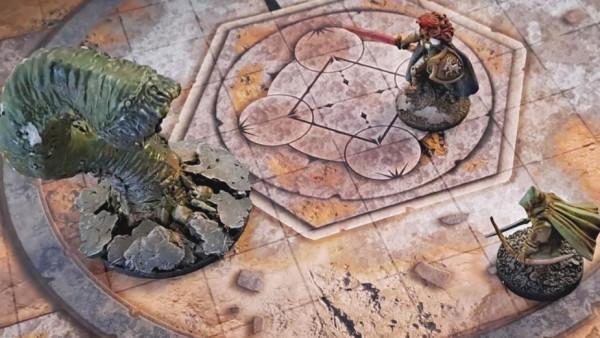
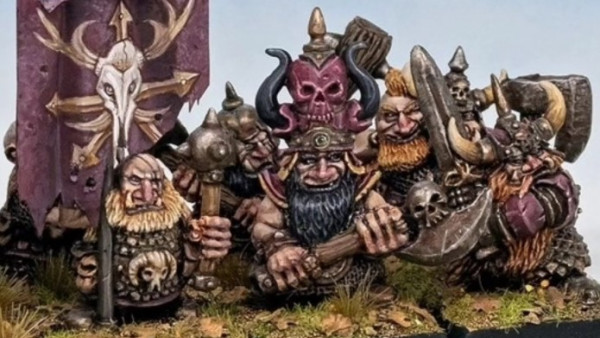


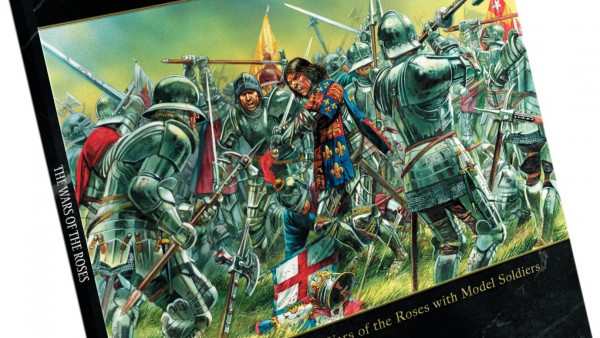
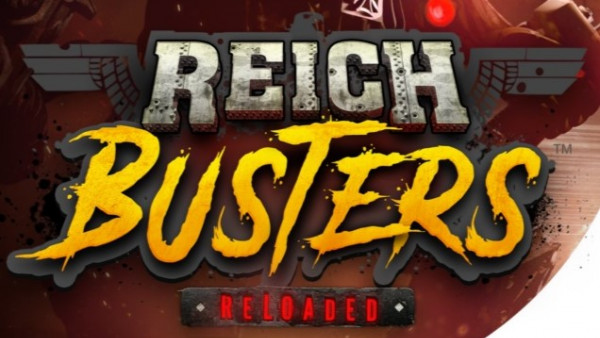
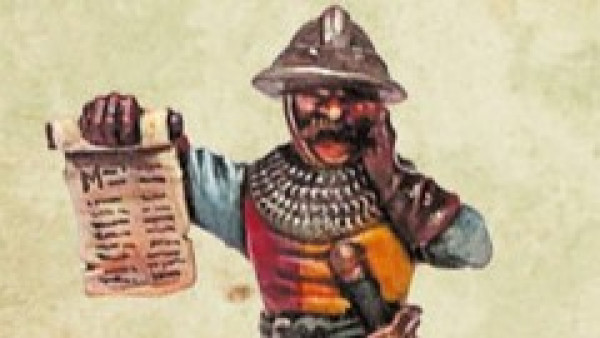
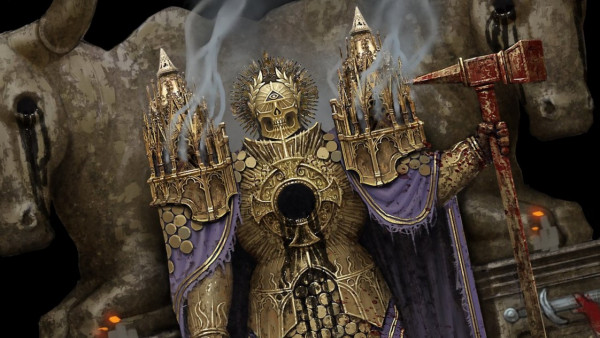
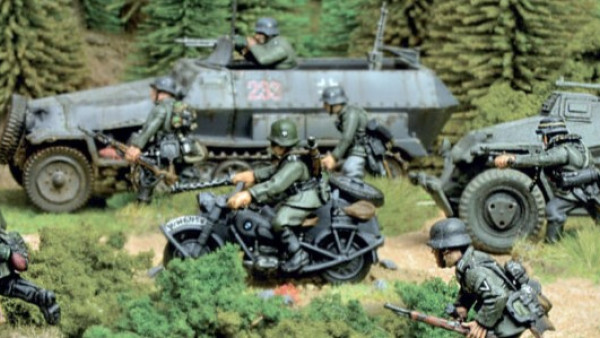
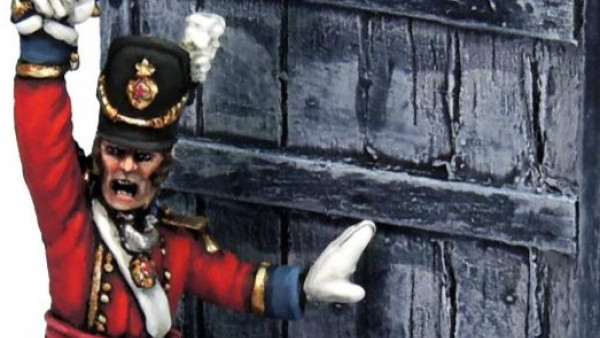
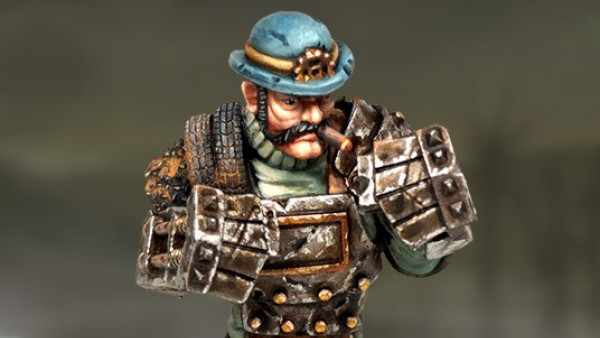
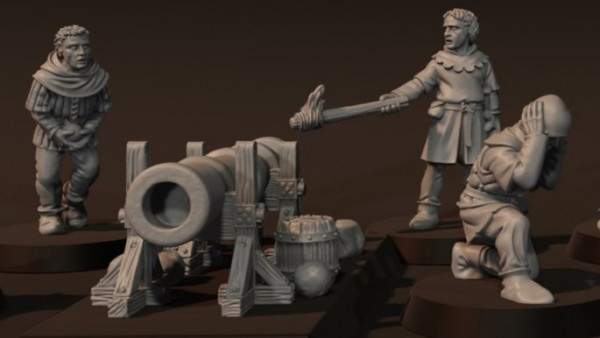

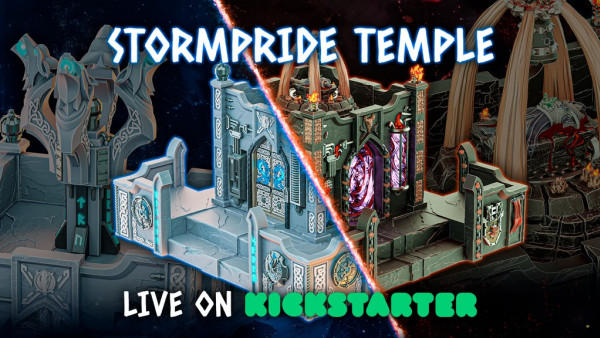
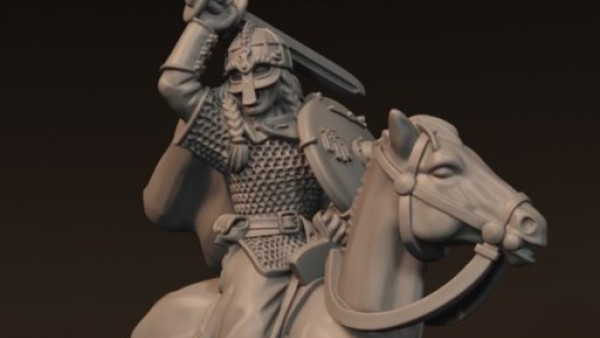
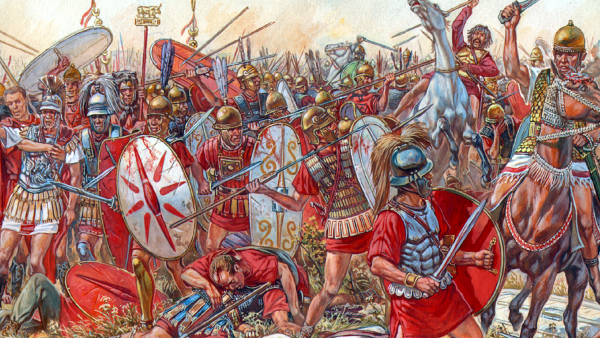

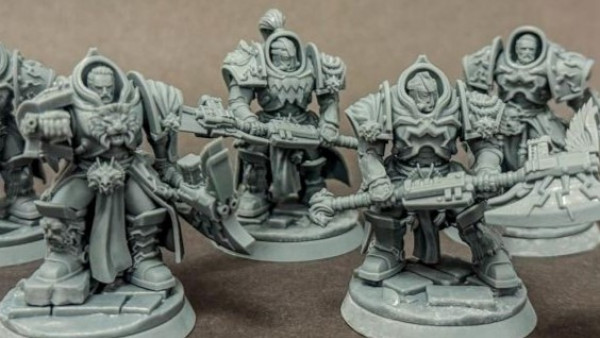
If anyone has any ideas of cool stuff we can do on the 28th I’d love to hear them 🙂
How about a live stream of Battleships? Yes, I mean that old game where you and your mate take turns in firing 😉
lol
Of course you could go for the obvious route playing Flames of War, Bolt Action, Cruel Seas and Blood Red Skies combining them in some sort of mission influencing each other … like a war game XD
Do you guys have a copy of U-BOOT: The Board Game — I believe the App is finally available. Axis & Allies Naval Miniatures: War at Sea — it is a stand alone game. Cruel Seas Starter Set, I am sure there is a historic battle you can repro If you wanted to stream a video game, there are turn based navel games so you can split screen BoW vs BoW via Twich and everyone can watch. If you wanted to Hobby something, I did this with a 8th grade class as company outreach event at a local school –>… Read more »
Row up the river outside your office one evening and get Justin to stand on the river bank with a torch and some flour bombs and see how far you get?
I was wondering if anyone fancied trying to run a St Nazaire RPG session during the day?
Big undertaking that though lol – @oriskany would you advise it mate? #sneakyhinttorunthething
@warzan – Dude, I hear you, I love you, I thank you for reaching out, it really does mean a lot to me and I would jump on this 100% in a hot minute … except March 28 is too close to … #endofquarter 🙁 🙁 🙁 There is no way between heaven and hell I can get that day off to sit at home and run a day-long Twitch stream or Skype or Discord or forum thread or however this would work. The weekend before (March 23-24)? Or afterward (April 6-7)? Of course, player interest would be king. At… Read more »
You could hire one of the boats available on the Bann then ram it into the lock gates at Portna so you can relive the experience of the crew on the Campbelltown first hand
Then run from the police and army with petrol bottle in hand. Don’t you think N Ireland has had enough heroic actions.
I’m looking forward to seeing this develop as the days progress. I think you should definitely do some LARP and dress up for the lets plays! Great bit of back round fluff to set the scene, one little qualm i had with it though, the attack on pearl harbour was a surprise attack however it was by no means unprovoked. In fact if you look into the political and economic relations between America and Japan in the years leading up to the attack you will quickly realise that America had seemed to go out of their way to insult and… Read more »
I do agree and this was one of the areas of this article I kept returning to. I used the word “unprovoked” purely to explain it as a military action. Politically and economically, I totally agree, the Americans weren’t very friendly to the Japanese but if I was going to try and explain how and why the Americans were doing things like that, this article would have been much longer. I tried to keep it brief so people with a passing interest could be caught up-to-date ready for the next articles. Plus, this is where Britain was in 1942, so… Read more »
Thank you for addressing this point and i yield to yours.
I completely understand the complexities of this period of history and the period of history from 1910 to 1947 has been one of deep interest and study for me. It’s not easy to simplify but also it is so easy to over complicate for those who, in this case as an example, just want a narrative to play an atmospheric game.
Your article is great for what and why it was intended, great work and please forgive my autism 🙂
Great piece, congrats to @cypher2009 for the great historical article! 😀 Indeed, the potential of the German battleship Tirpitz operating in the North Atlantic posed a significant threat to the overseas lifelines between the UK, their colonies and worldwide trade empire, and the US. For an example of how serious the British took this threat, just a quick footnote: The Tirpitz is actually the second of two sisterships. The first one was the battleship Bismarck, which operated for just a week or so in the north Atlantic in May 1941. In one skirmish in May 1941, Bismarck met what was… Read more »
Great first article in the series! After the last discussion on the Weekender I found and watched (on YouTube) the Jeremy Clarkson documentary on this raid. Oh my goodness, what a story. Fictional raid movies aren’t even a patch on this real operation. I can’t find a cell in my body with the bravery that these soldiers showed. Truly epic.
My usual note that if you want a superb cliff-notes documentary on St Nazaire, track down The Greatest Raid of All episode of Jeremy Clarkson’s oh-to-short-lived War Stories series. Clarky tones down his more obnoxious presenting ticks and shines a light on what – at the time – was barely a foot note in WWII operations to most people…